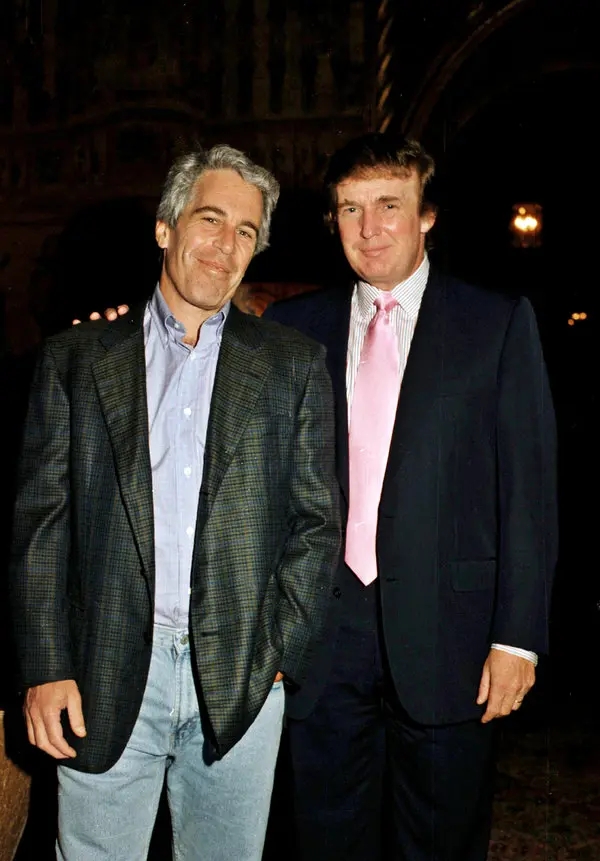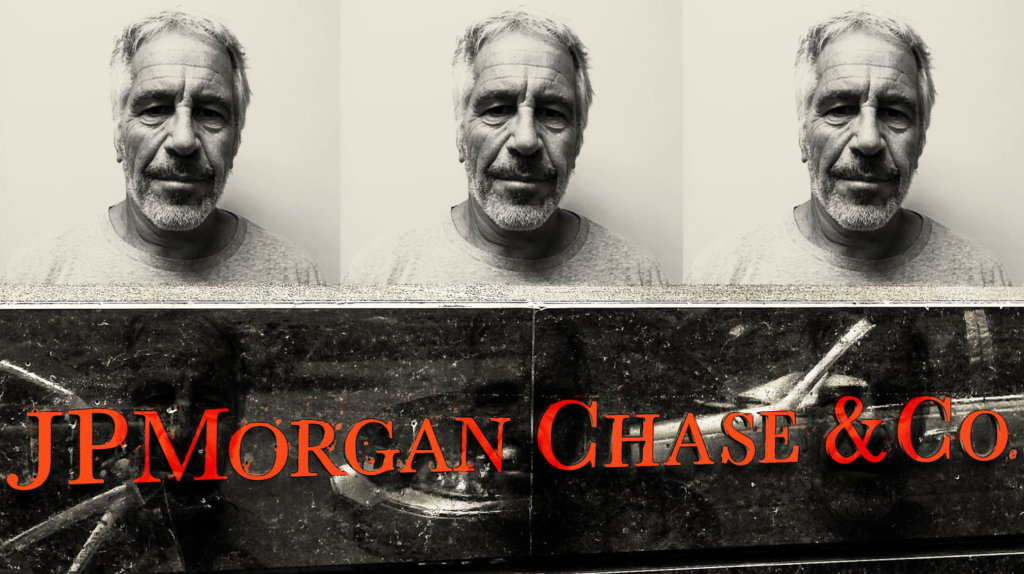Case Overview
On September 26, 2023, many news outlets—like Forbes—released articles on the closing of a lawsuit between the U.S. Virgin Islands and JPMorgan Chase. The suit was filed by the Virgin Islands, who felt that JPMorgan Chase should pay for its monetary facilitation and subsequent benefit from Jeffrey Epstein’s crimes on his estate within the region.
About Jeffrey Epstein
Before delving into the nature of the court case itself, it is important to establish an understanding of who Jeffrey Epstein is, as well as what crimes he committed. As shown in his biography, Jeffrey Epstein was a financial manager with ties to some of the world’s wealthiest and most influential. Unfortunately, though, the man was anything but moral behind the flash of the camera. On his private islands in the U.S. Virgin Islands, called Little St. James and Great St. James, Epstein conducted a sex trafficking activities with under-age women. While under speculation, it is alleged that he would invite many of his influential peers to the island to engage in said activities. With that said, Epstein was convicted twice on accounts of having sexual encounters with a minor, once in 2008 and the other in 2019. The first ended with a thirteen-month prison sentence, and the other in suicide whilst awaiting trial.

The estates in question
The Connection
While these events are horrendous, and the Virgin Islands surely have a reason to be dissatisfied, one may wonder where JPMorgan Chase comes into the issue. Well, Jeffrey Epstein was a large client of JPMorgan Chase during a large amount of time when he was committing said crimes, from 1998 to 2013 to be exact. And one would like to believe that a bank would notice the large, suspicious transactions that one would need to make in order to carry out a sex-trafficking ring of such size. However, JPMorgan Chase simply aided him in his transfers
while not speaking on the issue, even after his first conviction. In fact, JPMorgan Chase only forced Epstein to look elsewhere when the publicity of his actions began to become too much of a burden to carry. Therefore, making the grounds for the Virgin Island’s case quite evident to the viewer.
Case Outcome
In regards to the outcome, JPMorgan Chase did not admit any form of negligence or liability in the issue. With that said, though, the company agreed to pay $75 million to the Virgin Islands. $55 million of the money will be separated among Virgin Island charities, the American territory’s anti-trafficking efforts, and funding to provide mental health services to Epstein’s victims. Additionally, the Virgin Island attorneys exclaimed that the case also includes, “several substantial commitments for JPMorgan Chase to identify, report, and cut off support for potential human trafficking, including establishing and implementing comprehensive policies and procedures.”
In total, this brings JPMorgan Chase’s total paid out losses for their relation to Eptein to $365 million dollars, as they had been involved in a previous settlement in June 2023.
Ethical Dilemma at Hand
In a case such as this one, all of the ethical stress is on JPMorgan Chase. For them, the ethical dilemma boiled down to choosing between the maintenance of morality against the pursuit of wealth.
See, this is a struggle that a large number of corporations face. Unfortunately for JPMorgan Chase, they chose the path that many businesses do, that being the money. But why? Why would a corporation take such a large risk with someone like Epstein, who has been convicted of such heinous crimes? The answer really comes down to two main reasons.
The first, of course, would be the amount of money that Epstein had with the corporation compared to the average client. In fact, The Guardian stated that JPMorgan Chase processed more than $1 billion dollars for Epstein during his time as a client. Just take a moment and imagine what a bank like JPMorgan Chase could do with such money, the amount of commissions, the loans, etc. These unicorn clients are the backbone of big corporations, and it is extremely hard for them to let go of them.
Even with that, though, there’s an entire other reason as to why they made such a decision. As stated before, Jeffrey Epstein has a large list of clients and contacts that he could have, or did, introduce to the bank. These contacts would bring other unicorns, and the forfeiture of such an opportunity would be a large pill to swallow.

Donald Trump with Jeffrey Epstein
But, swallow they did in fact do. JPMorgan Chase settled on its morals in exchange for a paycheck, and now they are losing a large percentage of their profits—and not to mention reputation—as a consequence.
Works Cited
Cohen, Luc, and Jonathan Stempel. “JPMorgan $290 Million Settlement With Epstein Accusers Wins Preliminary Approval.” Reuters, 27 June 2023, http://www.reuters.com/legal/jpmorgan-chase-290-million-settlement-with-epstein-accusers-wins-preliminary-2023-06-26.
“Jeffrey Epstein.” Biography, 28 June 2023, http://www.biography.com/crime-figure/jeffrey-epstein.
.“JPMorgan $290 Million Settlement With Epstein Accusers Wins Preliminary Approval.” Movement, Q. Ai-Powering a Personal Wealth. “JPMorgan Chase Settles Jeffrey Epstein Lawsuit for $75 Million – Stock Dives in Response.” Forbes, 27 Sept. 2023, http://www.forbes.com/sites/qai/2023/09/27/jpmorgan-chase-settles-jeffrey-epstein-lawsuit-for-75-millionstock-dives-in-response/?sh=4b13862473cf.
Reporter, Guardian Staff. “JPMorgan Allegedly Processed More Than $1bn for Epstein Over 16 Years.” The Guardian, 1 Sept. 2023, http://www.theguardian.com/us-news/2023/aug/31/jeffrey-epstein-jpmorgan-1-billion-us-virgin-islands
Reuters, 27 June 2023, http://www.reuters.com/legal/jpmorgan-chase-290-million-settlement-with-epstein-accusers-wins-preliminary-2023-06-26.
